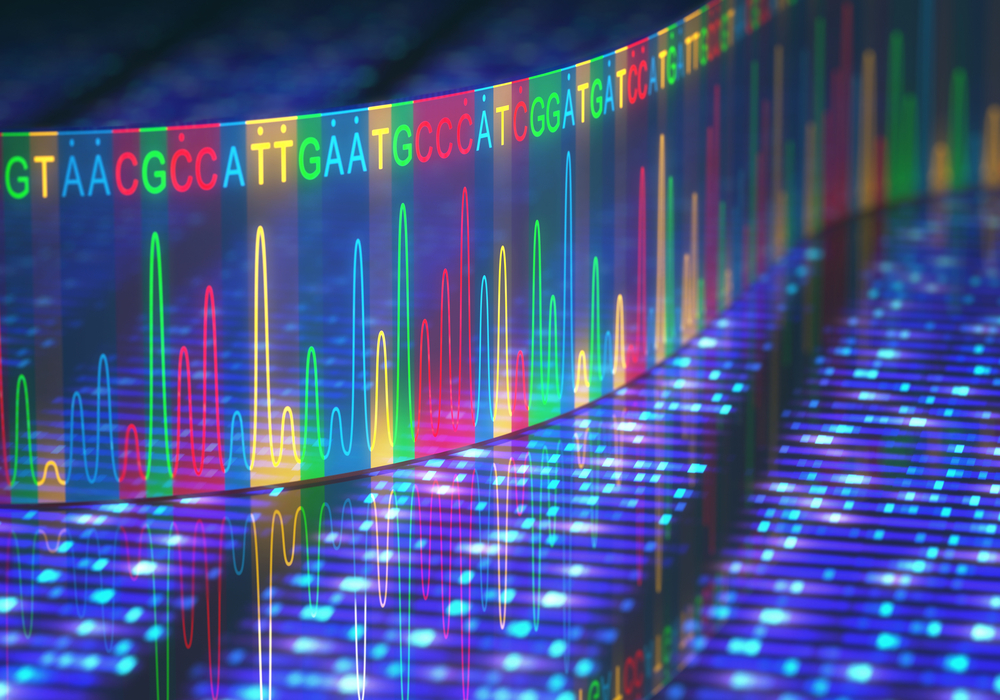Study Calls into Question Suspected Genetic Risk Factor for Ankylosing Spondylitis

A mutation considered to be a risk factor for ankylosing spondylitis has now been questioned in a new large population study.
The study, “Imputation-based analysis of MICA alleles in the susceptibility to ankylosing spondylitis,” was published in the journal Annals of the Rheumatic Diseases.
A specific mutation in the HLA-B gene called HLA-B27 is considered the major genetic risk factor for ankylosing spondylitis.
HLA-B belongs to a group of genes, called the major histocompatibility complex (MHC), that are close together in our DNA. These genes provide instructions for the production of cell-surface proteins that help the immune system differentiate between the body’s own molecules and foreign ones.
In addition to HLA-B, other genes that belong to the MHC complex have also been linked with increased susceptibility to ankylosing spondylitis, independently of the HLA-B27 mutation.
One of these genes is MICA, and one of its mutations is MICA-007. A previous study hypothesized that MICA-007 was associated with a strong risk of developing ankylosing spondylitis in North American white and Han Chinese populations. North Americans and Han Chinese who have this mutation were nine times and 42 times more likely to have the disease, respectively, compared to those not carrying the mutation.
The present study, conducted by an international team of researchers assisted by the International Genetics of Ankylosing Spondylitis Consortium (IGAS), resulted in contradictory findings.
Using a much larger data set from IGAS, which covers populations with European ancestry, no association was observed between MICA-007 and ankylosing spondylitis in either HLA-B27 negative people (1,669 patients and 12,263 controls) or positive ones (7,760 patients and 1,196 controls).
This observation was further confirmed using a more homogenous population of citizens from the U.K. (4,198 cases and 9,611 controls).
Given the sample size, the study had a greater ability to identify even a small effect of MICA-007 in the predisposition to ankylosing spondylitis, which also was unverified.
“In this study, we found no evidence of association between the MICA*007 allele and AS susceptibility in a large cohort of European ancestry,” researchers wrote.
Additionally, the team identified a strong link between MICA-007 and HLA-B-27, which means that people that carry one mutation were likely to also carry the other.
Such an association may explain why previous reports saw a link between MICA-007 and ankylosing spondylitis, which might have been influenced by the presence of an HLA-B27 mutation.






